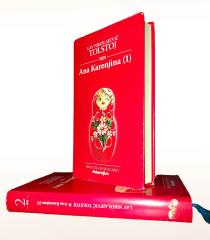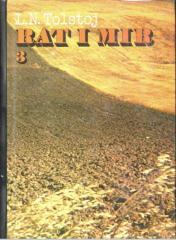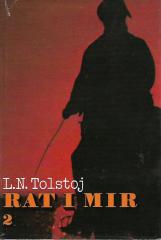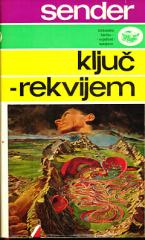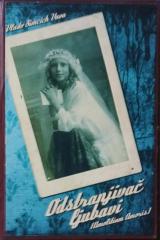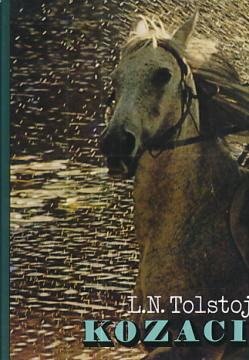
Kozaci
Die Kosaken (1863) ist ein Schlüsselwerk in Tolstois Frühwerk und schlägt eine Brücke zwischen seinen autobiografischen Werken und seinen späteren Epen. Inspiriert von Tolstois eigenen Erlebnissen im Kaukasus, legt das Werk den Grundstein für seine Zivili
Im zaristischen Russland des 19. Jahrhunderts verlässt der junge Adlige Dmitri Olenin, desillusioniert vom oberflächlichen Leben der Moskauer Elite, die Stadt auf der Suche nach einem Sinn im Leben. Er beschließt, sich der russischen Armee im Kaukasus anzuschließen, wo er die wilde Schönheit der Natur und den freien Geist der Kosaken erlebt, eines Volkes, dessen Leben Einfachheit und Unabhängigkeit verkörpert. Leo Nikolajewitsch Tolstois Meisterwerk „Die Kosaken“ folgt Olenins innerem und äußerem Abenteuer.
Als er in einem Kosakendorf ankommt, ist Olenin von der natürlichen Lebensweise fasziniert und fühlt sich zu Marijanka hingezogen, einem starken und unabhängigen Mädchen, der Verlobten des Lokalhelden Lukas. Während er versucht, ihre Zuneigung zu gewinnen, ringt Olenin mit seinen eigenen Gefühlen und der Diskrepanz zwischen seiner aristokratischen Herkunft und den kosakischen Werten. Die Kosaken, obwohl gastfreundlich, betrachten ihn als Fremden, und seine romantischen Träume von Marijanka kollidieren mit ihrer Hingabe an Luka und die Gemeinschaft.
Auf Jagdausflügen, in Gesprächen mit der weisen alten Kosakin Eroschka und durch Beobachtungen des Kosakenlebens beginnt Olenin, die Grenzen seiner Weltanschauung zu verstehen. Der Roman erforscht den Konflikt zwischen Zivilisation und Natur, romantisierten Idealen und Realität sowie die Suche nach Authentizität. Am Ende erkennt Olenin, dass er nicht vollständig zur Kosakenwelt gehören kann, doch seine Erfahrung verändert seine Lebensperspektive und hinterlässt ihn mit Bitterkeit, aber auch einem tieferen Verständnis.
Der Roman erhielt zunächst gemischte Kritiken. Kritiker lobten die lebendigen Beschreibungen der Natur und des Kosakenlebens, fanden die Handlung jedoch im Vergleich zu Tolstois späteren Werken unterentwickelt. Die Leser schätzten die romantische und philosophische Tiefe des Romans, und das Werk beeinflusste Diskussionen über den Konflikt zwischen Kultur und Natur. Heute gilt „Die Kosaken“ als Klassiker, der Tolstois frühes Genie und seine Reflexionen über die menschliche Existenz offenbart.
Es werden zwei Exemplare angeboten
